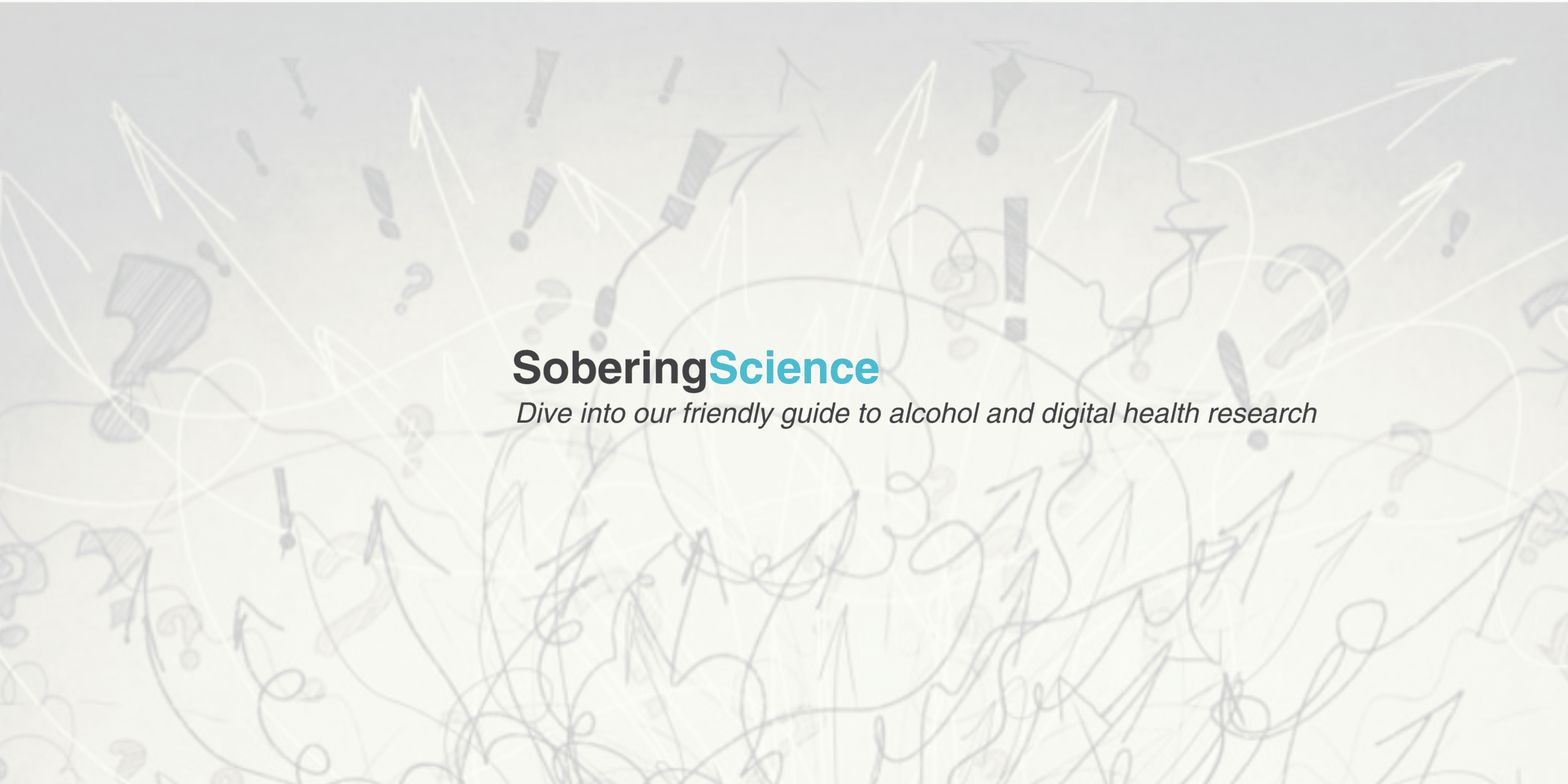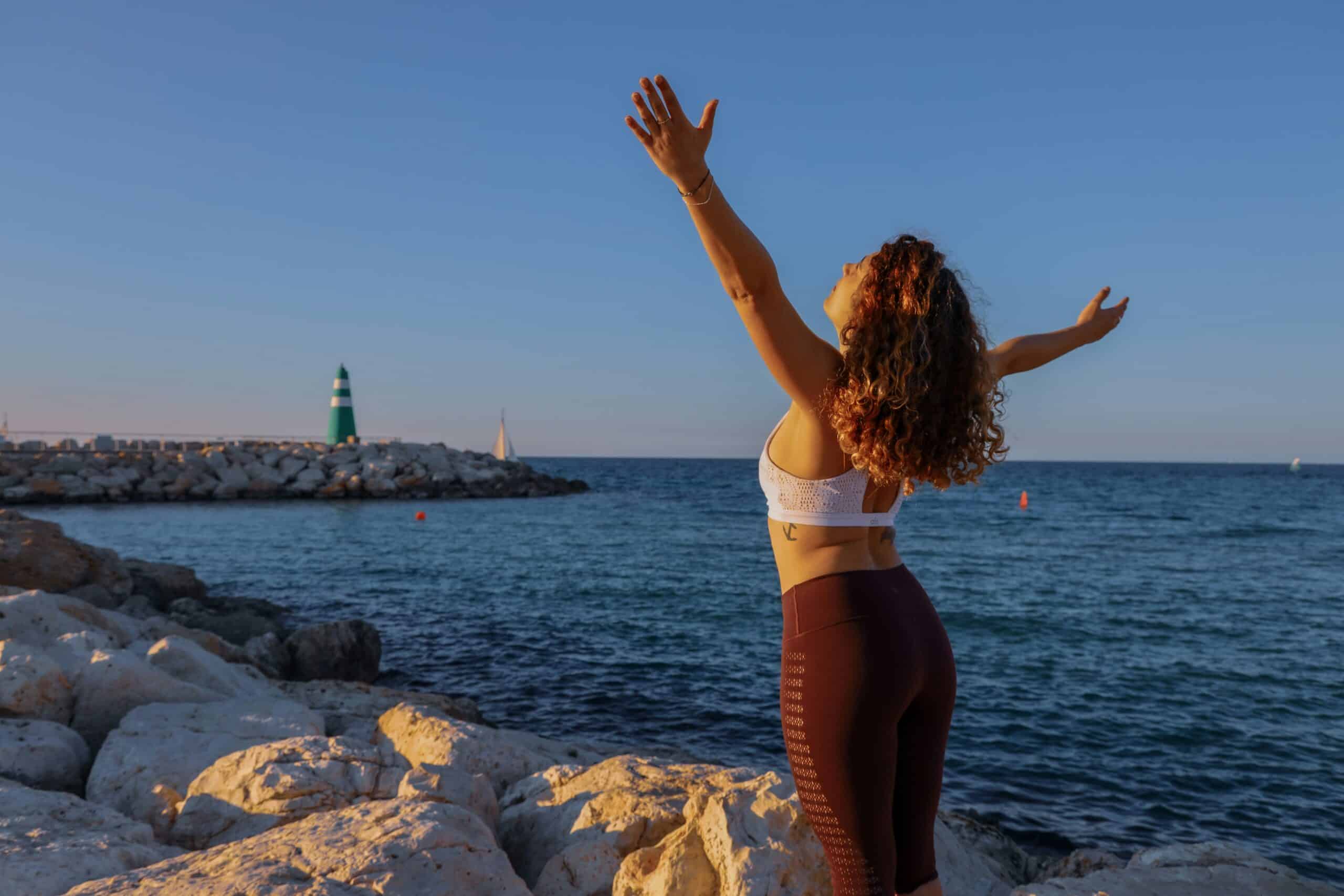
Triggers – knowing your own and how to overcome them
What are triggers? How long do they last? Can they be avoided? How do they differ to urges?
In this article, we will be looking deeper into what triggers are, types of triggers and tips on how to manage them.
Triggers and urges
In the context of alcohol dependency, a trigger is something that sparks our urges to drink. Triggers can be unique for each person. What we see, feel, hear, touch or smell can release signals to our brain about certain memories or experiences that are related to alcohol. Trigger situations can be very obvious, like walking past a pub, seeing a beer advertisement, or catching the smell of alcohol and so on. However, some triggers are more obscure, such as dealing with subtle daily stresses, or seeing a picture that reminded you of a time or a holiday where alcohol was used to celebrate or commiserate. Even a sober period can be a trigger to drink again – we have heard how people easily slip back into old drinking habits after celebrating an AF (alcohol-free) milestone. Therefore, understanding triggers is an ongoing process in the commitment to having a healthy relationship with alcohol.
In short, triggers influence the urge to drink. They go hand-in-hand. The length of an urge can lasts from 20-30 minutes depending on how long you are in a particular situation.
Although some triggers can be avoided for a short time, there are situations that make it much more difficult to control giving in. The good news is, there are ways that can help with effectively managing those urges.
Before we get into some suggestions on managing urges, let us understand more on types of triggers.
Types of triggers
According to HSM’s clinical team, most triggers fall into one of four categories: these are Pattern, Social, Emotional and Withdrawal.
Pattern – Places or things that usually brings out an urge to drink. For example, a particular time of the day or night, getting home after work, events like birthdays or Christmas.
Social – People you associate with drinking. If you look back on your own experience, you might recall certain relationships that usually revolved around alcohol. These could include your friendship group, a family member or even your own partner.
Emotional – Feelings that have been associated with alcohol. This does not necessarily mean numbing negative feelings, but also celebrating feelings that arise with joy. Reflect back on how you have felt in the past before pouring a glass of wine, were you feeling anxious, bored and stressed or being light-hearted and happy?
Withdrawal – The last category is related to our body’s response when a person who is physically dependent on alcohol stops drinking. Some signs include agitation, anxiety, restlessness and shakiness.
Internal and external triggers
Another way of looking at triggers is to recognise what is happening within you (internal) and what is happening outside of you (external) – see the below chart for examples on what these might look like.

Managing triggers and urges to drink
Although we cannot avoid what triggers us to drink, we can learn to manage our urges when something prompts us to pick up the bottle. Learning to respond to what triggers us to drink is an exercise to unwire our brain and its pathway to seeking an instant ‘reward’ through alcohol use.
Below are some tips on how to manage urges when a trigger occurrs:
Pause
As is with every new and positive change, awareness is a good place to start when wanting to change or replace old habits. Our drinking pattern might be wired deeply within our brain, but it is possible to create new pathways for our thoughts and behaviour around drinking. When you become aware of the situations that tend to trigger you into wanting to drink, practise a simple breathing exercise to help break those persistent unhelpful thoughts. So, the next time, when you feel triggered, simply pause, close your eyes, and take a few slow breaths.
Surfing the urge
Surfing the urge is a mindfulness practice of accepting the discomfort and attempting to ride the wave without giving in to the urge. It is widely used to help people with substance dependency. When the urge to drink arises, imagine this as waves that you are trying to ride. Instead of reacting to it, watch it swell and fall. Do this by observing what your body and mind are telling you.
This practice will help retrain your brain not to react impulsively to your urges to drink. Overtime, those urges will not have control over your life.
The 3-D technique
Another technique to manage urges is the three steps of Ds; Delay, Distract and Decide. Firstly, delay is a way to postpone your respond to urges for up to 15 minutes at a time. It is a way to feel the momentary discomfort of sitting with your urges. Secondly, distract yourself from the thought and the urges. Try getting outdoors and catching some fresh air, call a friend, or engage in a physical activity. Thirdly, decide whether you want to have a drink, and weigh up the pros and cons.
Replacement behaviours
A replacement behaviour is one that replaces your usual habit. In the case of a drinking habit, using a replacement behaviour is the act of doing something else to stop your own personal pattern of drinking. Read our 10 replacement behaviours ideas article here.
Alcohol in TV shows and movies:
is it ever relevant?
The struggle to find a show or movie that doesn’t contain alcohol is quite universal
and reflects why alcohol has become central to socialising, glamour, excess and wealth.
READ MORE
Slipped up?
Like every attempt to create a new habit, setbacks are bound to happened. Slip ups or relapses can be overwhelming, so a good mindset needs to be established first. People often feel shame and regret after a relapse. Knowing that it is quite normal to have slipped up and being kind to ourselves is vital in moving beyond the setback.
Shame can often get the way of us talking with someone about our setbacks, and although it is difficult, having a trusted friend to debrief about what happened can be helpful to reframe ‘failures’ in a bigger picture. Read more about how to deal with relapse here.
In summary
Understanding what triggers a person to drink is an ongoing lesson. So, you might find it helpful to keep a record for your trigger and lessons learnt along the way. Although we cannot always avoid things that triggers us to drink alcohol, we can learn to manage the urges to drink.










Great article!! 🙂
A great reminder of options available to us all if we just reflect before “giving in” .
It was interesting to read that celebrating being AF with a drink is something that others do too!
Great article. Good to re-enforce the exercises to stay AF.
Really helpful and practical approach. Thanks!
Several great strategies to try. I like the 3 D’s and will start today.